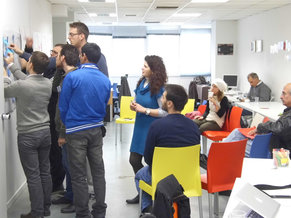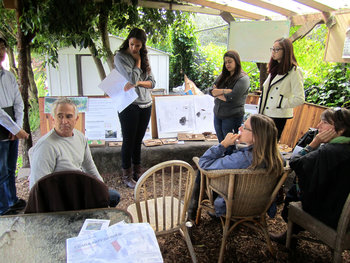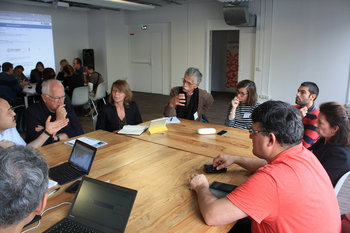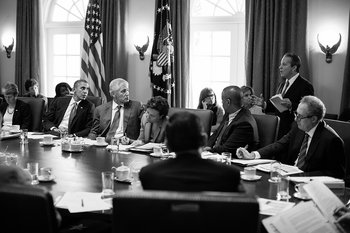
Suspension of Disbelief
The practice of putting critical thought on hold in order to experience joy and wonder. This is important to the enjoyment of culture such as storytelling, myth, film, rituals, pastimes, music and performance art. This can be demonstrated by a critic who sees a film's every intellectual and technical flaw who rates it low when the audience rates it high.
Superstition
Superstitions such as the urban legend in Tokyo that couples who rent a boat at the pond in Inokashira Park always end up breaking up. Superstitions may be valued as fun elements of culture. In other cases, they are taken quite seriously.
Illusion of Control
Believing that you have impact on events that you have little or no influence over. For example, a gambler who believes they have a system of lucky numbers.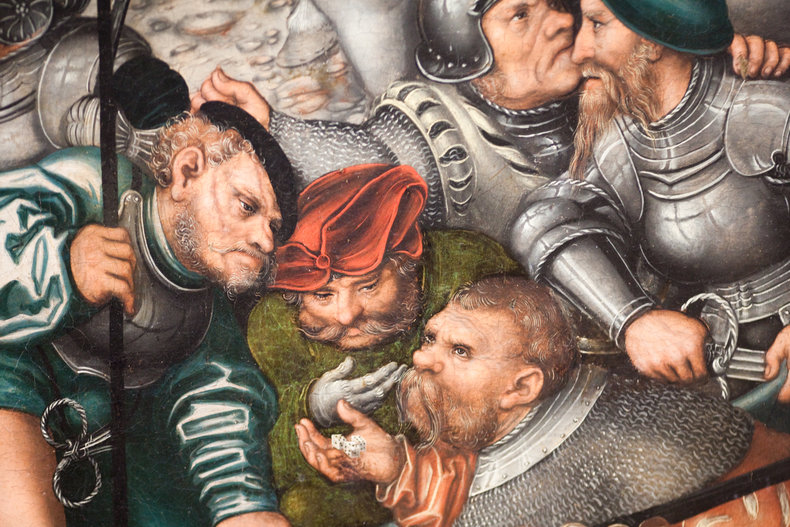
Technology as Magic
Modern consumers and businesses may view technology much as magic whereby they don't understand how or why it works but expect wonderful or terrible things of it. For example, an executive who buys a sales system may expect that it will boost revenue without being able to explain how.
Regression Fallacy
Unusual events tend to return to normal, a phenomenon known as regression toward the mean. People often mistake their actions as being responsible for unusual events that happened by chance. For example, a young investor who does unusually well on the stock market in their first year may believe that they are an exceptionally good investor. The more probable explanation is that they got lucky and their returns will soon revert back to normal for the level of risk they are taking.
Placebo Effect
The theory that a non-medication such as a sugar pill can cause some level of medical improvement if the patient strongly believes it is a potent medicine. In other words, belief alone may influence things.
Self-Deception
Ignoring evidence that conflicts with your self-image. For example, believing that you are far more wealthy than average when you aren't.
Texas Sharpshooter Fallacy
Reading too much into patterns that are only random chance. For example, if you see three white vans that are driving poorly, coming to the conclusion that all white vans have dangerous drivers. Based on an analogy to a sharpshooter who moves a target to where he shot.
Correlation Equals Causation
Assuming that because two things are correlated that one causes the other. For example, Europeans in the Middle Ages commonly believed that lice where beneficial to health because they left a person when they became sick. The lice were leaving because they are sensitive to temperature and may leave when a person gets a fever.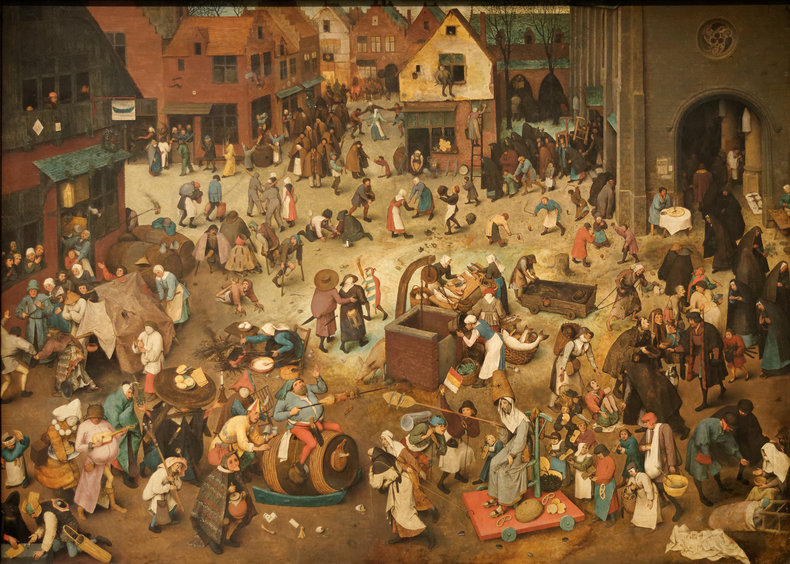
Creativity
Magical thinking may be useful to creativity. For example, if you are brainstorming ideas it can be useful to be excessively optimistic. This allows for outside ideas to surface that could have significant value. These can latter be validated with a more pessimistic viewpoint.
Synchronicity
Synchronicity are coincidences that have meaning to the observer. For example, a student is thinking about whether to quit school when they receive an unexpected message that they have received a partial scholarship. Analytical psychologist Carl Jung who originated the concept of synchronicity believed they weren't random events but an expression of a deeper order. Synchronicity comes up in physics and mathematics such as dynamic systems theory.
| Overview: Magical Thinking | ||
Type | ||
Definition | A type of thought process based on questionable cause and effect relationships. | |
Related Concepts | ||











